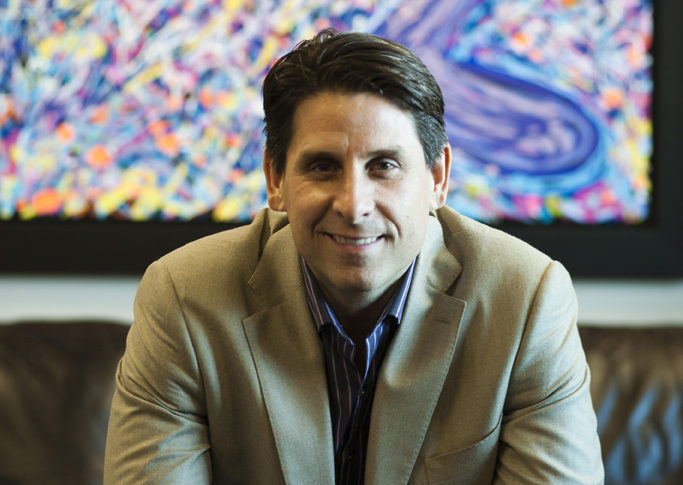Earlier this week, American fitness chain Anytime Fitness announced the launch of its hundredth club in the UK, having grown fiercely since its first club in Bristol nine years ago.
Now, the club’s franchises are growing faster than most fast food chains, much to founder Chuck Runyon’s relief. “I mean, thank goodness, right? We need more gyms, less fast food chains. More gyms, less hospitals. Unfortunately, obesity and diabetes are our single most expensive strain on healthcare and will be the number one killer. But we’re fighting the good fight to get people healthier, get people moving more, eating better, and resting more,” he tells GrowthBusiness.
Runyon believes the secret to the company’s exponential growth is that they’re problem solvers. “We’re trying to solve the problem for consumers, first and foremost. It’s all about convenience. People are getting busier, and they want to have 24-hour access to fitness at any club anywhere,” he says.
“People want to look better and feel better. If you feel better, you’re a better parent, a better spouse and better at work. It’s absolutely global. Anytime can deliver that in markets that were underserved in the past, that other brands couldn’t get into.”
With a local membership, members can access all 3,500 clubs around the world, which, as Runyon explains, takes away some of the barriers and “intimidating elements” that may keep people away from the gym.
There are over 650 gyms in the UK, made up mostly by large fitness chains, like Anytime Fitness contemporaries, Fitness First, Pure Gym and Virgin Active. What about the little guys? Small, local gyms are quickly disappearing across the nation, starting with the capital. Runyon agrees that it’s a case of ‘adapt or die’.
“The fitness industry is competitive. (You have to be thinking) how you can make it more convenient and more affordable; a differentiating experience for members. In the past we’ve gone into markets where we’ve taken members from a current business. There have been cases where we’ve driven smaller businesses out,” he says.
“Fitness is global and so is entrepreneurship. People want to work for themselves but with the backing of a global branding. Those translate universally.”
In the US, 50 per cent of Anytime Fitness sales is to existing franchisees – a trend he expects to see in the UK.
“It’s the passion of franchising ownership, combined with our business model that makes people feel welcome, as we coach them to be healthier.”
Looking at Europe, Runyon says Spain is starting to ramp up as a market for Anytime Fitness, as is Benelux. He aims to break into Germany, which he believes is a tremendous opportunity for the business.
“We try to be proactive, but also make sure we’re nimble and can adapt to situations in every country, looking into real estate, regulations, lending and franchise infrastructure in each country. We want to grow, but we understand that we have to work through the proper procedures and channels to make it in different markets.
Ultimately, Runyon believes that the secret to the group’s success is its focus on one franchise owner, one member at a time. “If we can help our franchisees and help our members, the growth numbers will take care of themselves. We don’t get enamoured with numbers, and guess what – if we continue our methodology, we can really get to those numbers. It’s the passion of franchising ownership, combined with our business model that makes people feel welcome, as we coach them to be healthier,” he says.
“In that way, we’re aggressively patient.”







